The Official 1996 NBA Championship: Chicago Bulls Unstop-A-Bulls (1996)
The Official 1996 NBA Championship: Chicago Bulls Unstop-A-Bulls
The Official 1996 NBA Championship: Chicago Bulls Unstop-A-Bulls
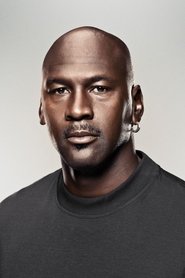 Michael Jordan
Michael Jordan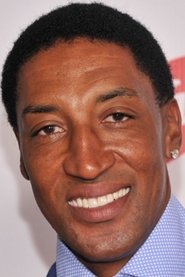 Scottie Pippen
Scottie Pippen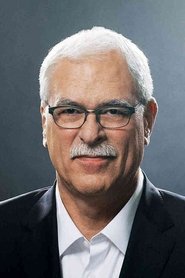 Phil Jackson
Phil Jackson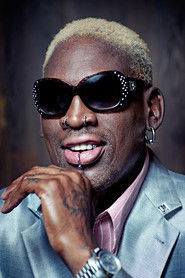 Dennis Rodman
Dennis Rodman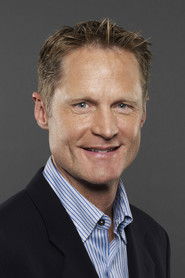 Steve Kerr
Steve KerrThis is a video that documents the Chicago Bulls 1992-93 NBA Season that resulted in a 3-Peat NBA title run.
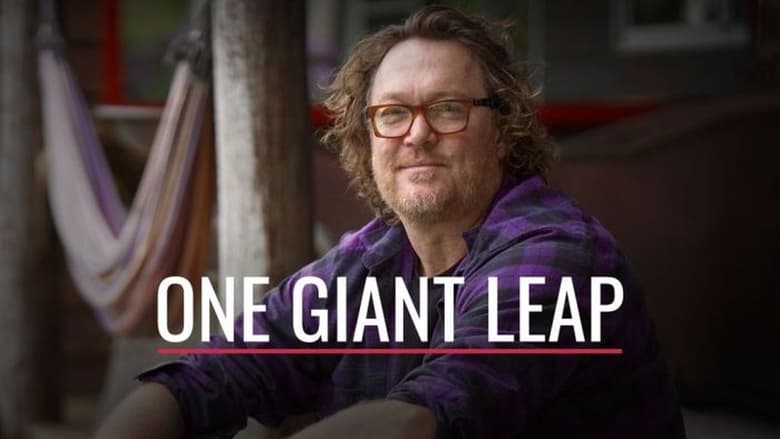
How a “gentle giant” from Fremantle, Australia, ended up playing alongside Michael Jordan on the “greatest team of all time.”
NBA Dynasty Series: The Chicago Bulls—The 1990s is complete wish fulfillment for the sports fan. This four-disc set, encompassing the Bulls' remarkable streak from 1991's first championship to 1998's second three-peat, contains so much information and insight into Chicago's several seasons of glory that it's hard to take it in all at one time. We get over seven hours of historical and archival footage, as well as new interviews from players and coaches all offering their take on what made these particular teams and seasons so special. And there's more. Discs Two through Four each have an entire NBA Finals game on them (one per side for a total of six), each representing a stellar or exceptional moment in the series. Along with the single-season documentaries (including the historic overview, seven in total) there are nearly 16 hours of Chicago Bulls goodness in this package.
Give Me Five! The Chicago Bulls Five NBA Championships
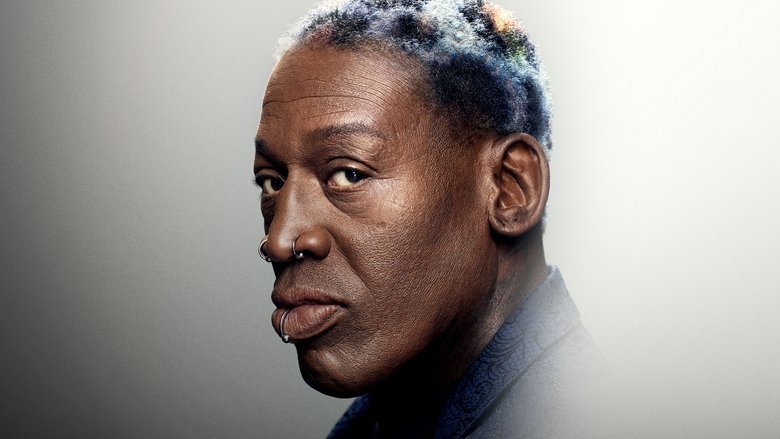
While Rodman is no doubt one of the greatest talents in NBA history, he is just as famous for his off-court exploits. 30 for 30 explores the reasons behind him becoming the character he is known as today.
Everyone knows that the Chicago Bulls are the team of the 1990s, if not all time. In 1998 they won their unmatched sixth NBA title of the '90s. But this was not the same team that squashed all opponents that stood before them, united and led magnificently by players such as Scottie Pippen and the irresistible Michael Jordan. At the beginning of the 1998 season, this team was anything but united. His Airness was still His Airness, but the rest of the Bulls looked less than a shadow of their selves. Pippen stood injured on the sidelines demanding a trade, Rodman looked more interested in Hollywood and his hair, and the supporting cast were beginning to look extremely vulnerable. But as with all great teams, they dusted themselves off, wiped away the cobwebs (not to mention the odd ego or two), and played out the final two-thirds of the regular season like the Chicago Bulls of old.
Celebrate the Chicago Bulls’ first NBA Championship with this incredible 6-disc DVD collector’s set. Relive the historic 1991 NBA Finals showdown against the Los Angeles Lakers with all 5 games, each in its entirety and original broadcast format. Also included is an action-packed Championship Season recap with memorable highlights and revealing behind-the-scenes footage. Experience the heart-pounding action again and again!
NBA Entertainment takes you on the Chicago Bulls journey through the regular season, NBA playoffs and NBA Finals as cameras and microphones follow the team on court, in team huddles and behind the scenes. Exclusive interviews give you the perspective of what it meant for the Bulls to win their fifth NBA Championship in seven years. You will see the teams pre-game preparation and hear the teams strategy as it happened in key moments, including the critical Michael Jordan pass that set up Steve Kerrs Game Six series-winning jump shot. This Official NBA Championship Video gives you an all-access look at the Bulls and makes you feel like you are part of the team.
This video takes the viewer on a journey through the second straight championship season of the Chicago Bulls. Fresh off of their defeat of the L.A. Lakers a year earlier, the Bulls came back hungrier than ever and determined to prove that year one was no fluke. Getting out of the blocks quickly, the Bulls rolled to 67 regular-season victories, highlighted by the duo of Michael Jordan and emerging superstar Scottie Pippen. The Bulls rolled through the playoffs and faced the Portland Trailblazers in the NBA Finals. Nursing a 3-2 series lead, the Bulls fell behind by 15 points in the 4th quarter of Game 6 in Chicago. However, fueled by the reserves and with M.J. on the bench, the Bulls came roaring back to defeat the Blazers and clinch the title in front of their home fans at Chicago Stadium.
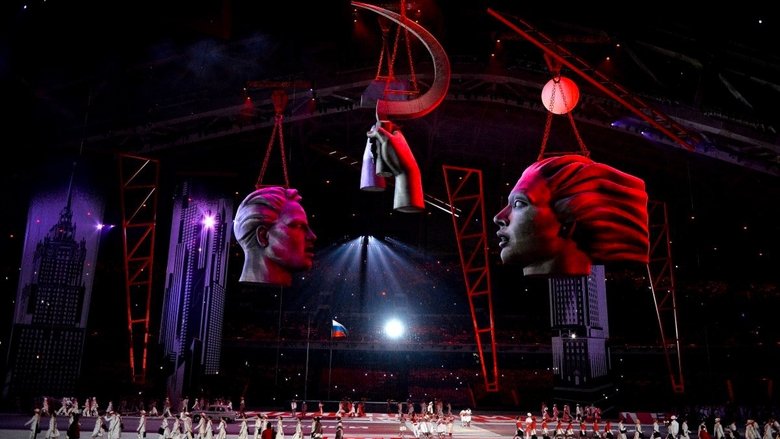
The opening ceremony of the 2014 Winter Olympics took place at the Fisht Olympic Stadium in Sochi, Russia, on 7 February 2014. It began at 20:14 MSK (UTC+4) and finished at 23:02 MSK (UTC+4) This was the first Winter Olympics and first Olympic Games opening ceremony under the IOC presidency of Thomas Bach. The Games were officially opened by President Vladimir Putin. An audience of 40,000 were in attendance at the stadium with an estimated 2,000 performers. The ceremony touched upon various aspects of Russian history, and included tributes to famous Russians, such as Peter Tchaikovsky (1840–1893), Ukrainian-born Russian humourist, dramatist, and novelist Nikolai Gogol (1809–1852), filmmaker Sergei Eisenstein (1898–1948), ballet dancer Vaslav Nijinsky (1889–1950), and patron of arts, and founder of Ballet Russes, Sergei Diaghilev (1872–1929).
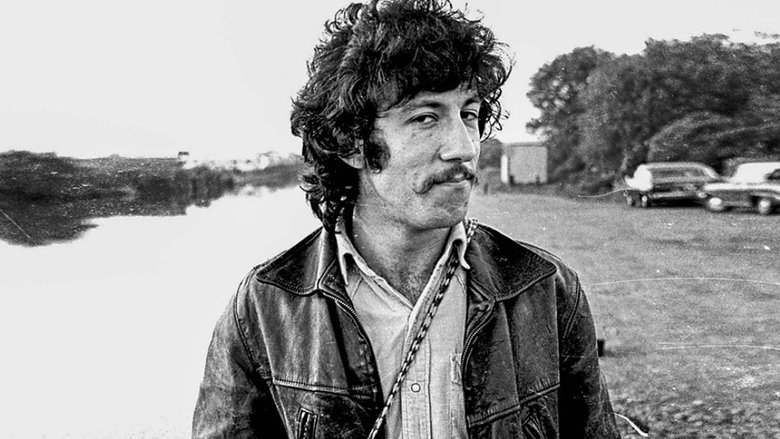
Legendary blues guitarist BB King named Peter Green as one of the greatest exponents of the blues, and the 'only guitar player to make me sweat'. If Green had only written Black Magic Woman, his name would still have a place in blues rock history forever. His three short years leading Peter Green's Fleetwood Mac saw the band established as one of the biggest-selling groups of the 1960s. Yet at the height of their fame Green left the group, with his life spiralling into turmoil as drug-induced mental health issues took control. Rumours of his demise began to spread, and sightings of him became notorious. After years battling his mental illness, Green wrote and recorded again. Featuring archive performances and interviews with Carlos Santana, Noel Gallagher, founding members of Fleetwood Mac and Green himself, this film tells the story of one of blues rock's living legends.

Bruce Brown's The Endless Summer is one of the first and most influential surf movies of all time. The film documents American surfers Mike Hynson and Robert August as they travel the world during California’s winter (which, back in 1965 was off-season for surfing) in search of the perfect wave and ultimately, an endless summer.
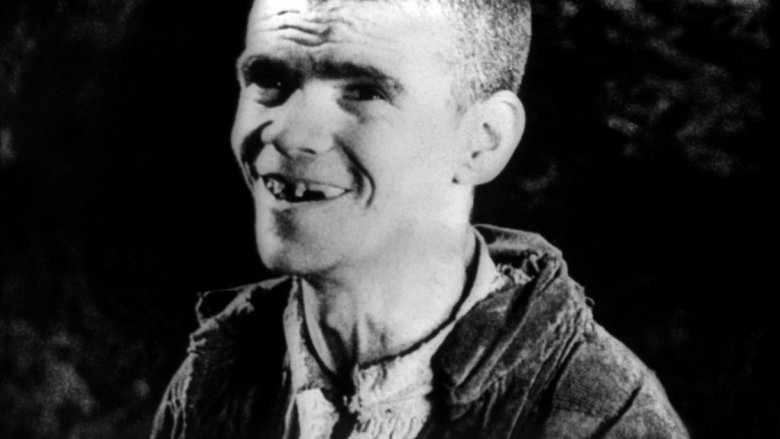
An exploration —manipulated and staged— of life in Las Hurdes, in the province of Cáceres, in Extremadura, Spain, as it was in 1932. Insalubrity, misery and lack of opportunities provoke the emigration of young people and the solitude of those who remain in the desolation of one of the poorest and least developed Spanish regions at that time.
Megacities is a documentary about the slums of five different metropolitan cities.
Kieslowski’s later film Dworzec (Station, 1980) portrays the atmosphere at Central Station in Warsaw after the rush hour.
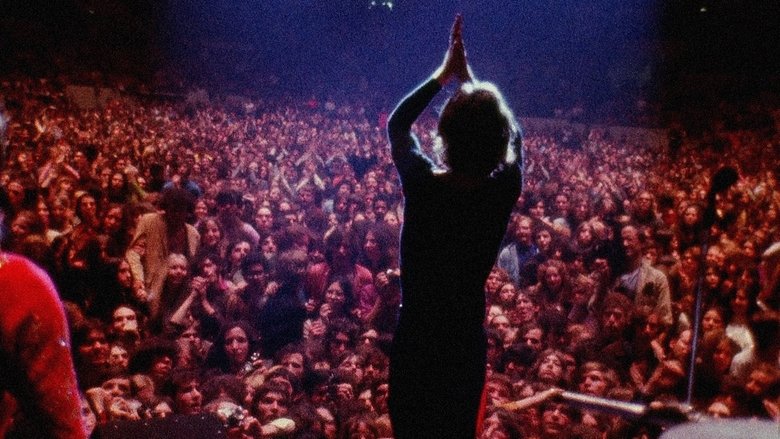
A detailed chronicle of the famous 1969 tour of the United States by the British rock band The Rolling Stones, which culminated with the disastrous and tragic concert held on December 6 at the Altamont Speedway Free Festival, an event of historical significance, as it marked the end of an era: the generation of peace and love suddenly became the generation of disillusionment.
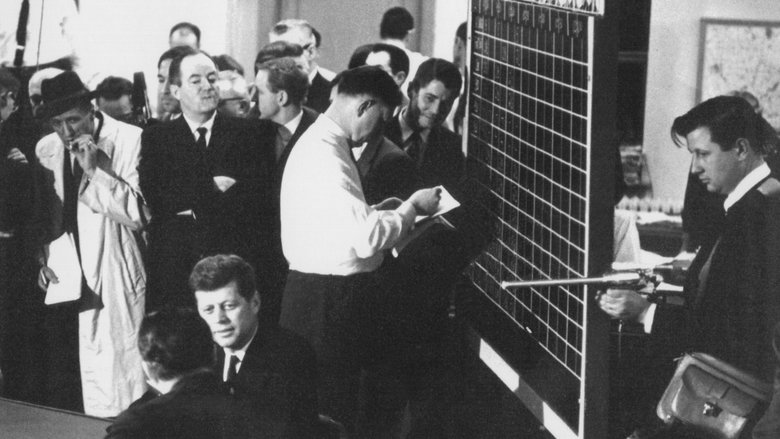
Primary is a documentary film about the primary elections between John F. Kennedy and Hubert Humphrey in 1960. Primary is the first documentary to use light equipment in order to follow their subjects in a more intimate filmmaking style. This unconventional way of filming created a new look for documentary films where the camera’s lens was right in the middle of what ever drama was occurring. Preserved by the Academy Film Archive in partnership with The Film Foundation in 1998.
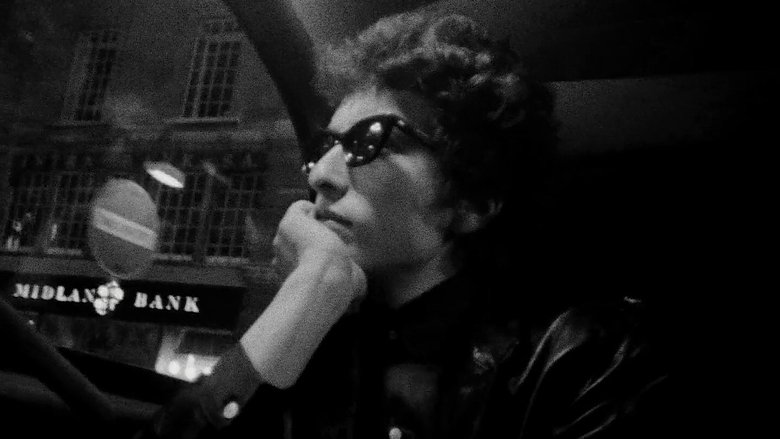
In this wildly entertaining vision of one of the twentieth century’s greatest artists, Bob Dylan is surrounded by teen fans, gets into heated philosophical jousts with journalists, and kicks back with fellow musicians Joan Baez, Donovan, and Alan Price.
Ahmet Vehbi Şafak, a.k.a. The Boss, is such a well-loved figure that an association was formed by his devotees. But during the Gezi Park protests of 2013, this man, until now an icon of integrity and truth, became a disappointment to those around him. For the Boss framed Gezi as a rebellion against the government and his very existence, a stance that resulted in him alienating his admirers. This wasn’t just about the rift that grew between him and his circle, it happened all over Turkey. Tolerance of difference disappeared and otherization became a cornerstone of politics. Starting out from The Boss himself, this documentary film attempts to understand the causes of polarization in Turkey.